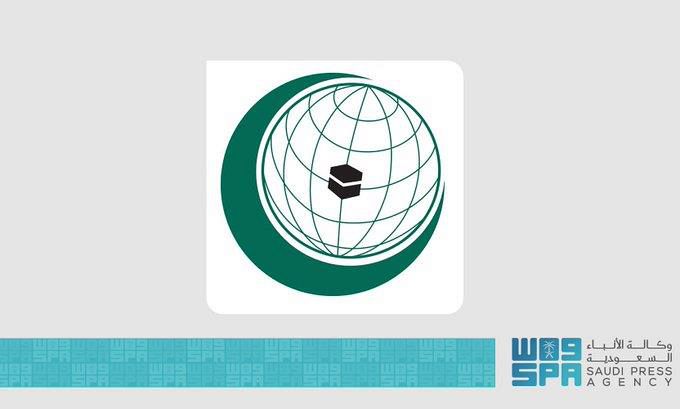
GENEVA – An independent human rights expert today condemned the horrific terrorist attack in the town of Barsalogho in Burkina Faso on 24 August 2024, which reportedly killed at least 200 people and injured 140.
An al-Qaeda-associated group, Jama’at Nusrat al-Islam wal-Muslimin, claimed responsibility. The group is under UN Security Council sanctions.
The Special Rapporteur on the promotion and protection of human rights and fundamental freedoms while countering terrorism, Ben Saul, also condemned terrorist attacks in Pakistan’s Balochistan province on 26 August 2024, which killed at least 28 civilians. The Balochistan Liberation Army (BLA) claimed responsibility after 23 civilians were mercilessly executed at a roadblock.
“I extend my deepest sympathy and solidarity to the victims and their families and the people and Governments of Burkina Faso and Pakistan,” Saul said.
“Terrorist violence against civilians destroys human rights, including the rights to life and personal security and bodily and mental integrity,” he said. “Terrorism also undermines civil and political rights, democracy and the rule of law, socio-economic rights and development”.
“Both countries must investigate these crimes in line with international law and apprehend and prosecute the perpetrators to ensure justice for victims,” the Special Rapporteur said. He emphasised that all suspects are entitled to a fair trial before an independent and impartial court and to humane conditions of detention.
“All counter-terrorism operations by police, security forces and the military must comply with human rights law, and international humanitarian law as relevant, including the right to life, freedom from arbitrary detention and enforced disappearance, freedom from torture and cruel, inhuman or degrading treatment, and civil and political rights”, he said.
He also encouraged the Government of Burkina Faso to investigate reports that civilians in Barsalogho were coerced into digging ditches to defend the town in advance of the attack. If true, the coercion would be in violation of international law, the expert said.
“Both countries should also assist the victims of these attacks,” Saul said, recalling his recent statement to mark International Day of Remembrance of and Tribute to Victims of Terrorism. The General Assembly has urged states to protect, support, assist and rehabilitate victims, including by ensuring remembrance, dignity, respect, justice and truth,” the Special Rapporteur said. Guidance is provided by the Model Legislative Provisions to Support the Needs and Protect the Rights of Victims of Terrorism.
The UN Global Counter-Terrorism Strategy implores all states to address the conditions conducive to terrorist violence, which can include human rights violations, ethnic, national and religious discrimination, political exclusion, socio-economic marginalisation, and lack of rule of law and good governance.
“I encourage the Government of Burkina Faso to re-engage with the international community, including the African Union, the Economic Community of West African States, and the UN, to restore security, address the conditions leading to insecurity, and ensure respect for international humanitarian law,” Saul said.
“The protracted insurgency in Pakistan’s Balochistan province has also endangered regional peace and security, with cross-border strikes on Baloch militants by two countries in January 2024,” he said.
The Special Rapporteur offered technical assistance to the Governments to assist the victims, ensure human rights-compliant investigations, prosecutions and counter-terrorism operations, and address the conditions conducive to terrorist violence.
Ben Saul is the Special Rapporteur on the promotion and protection of human rights and fundamental freedoms while countering terrorism.
The Special Rapporteurs are part of what is known as the Special Procedures of the Human Rights Council. Special Procedures, the largest body of independent experts in the UN Human Rights system, is the general name of the Council’s independent fact-finding and monitoring mechanisms that address either specific country situations or thematic issues in all parts of the world. Special Procedures experts work on a voluntary basis; they are not UN staff and do not receive a salary for their work. They are independent from any government or organisation and serve in their individual capacity.
UN Human Rights Country Pages: Burkina Faso and Pakistan
For more information and media requests, please contact Karen Reyes Tolosa karen.reyestolosa@un.org and hrc-sr-ct@un.org
For media inquiries related to other UN independent experts please contact Dharisha Indraguptha (dharisha.indraguptha@un.org)
Follow news related to the UN"s independent human rights experts on Twitter: @UN_SPExperts





